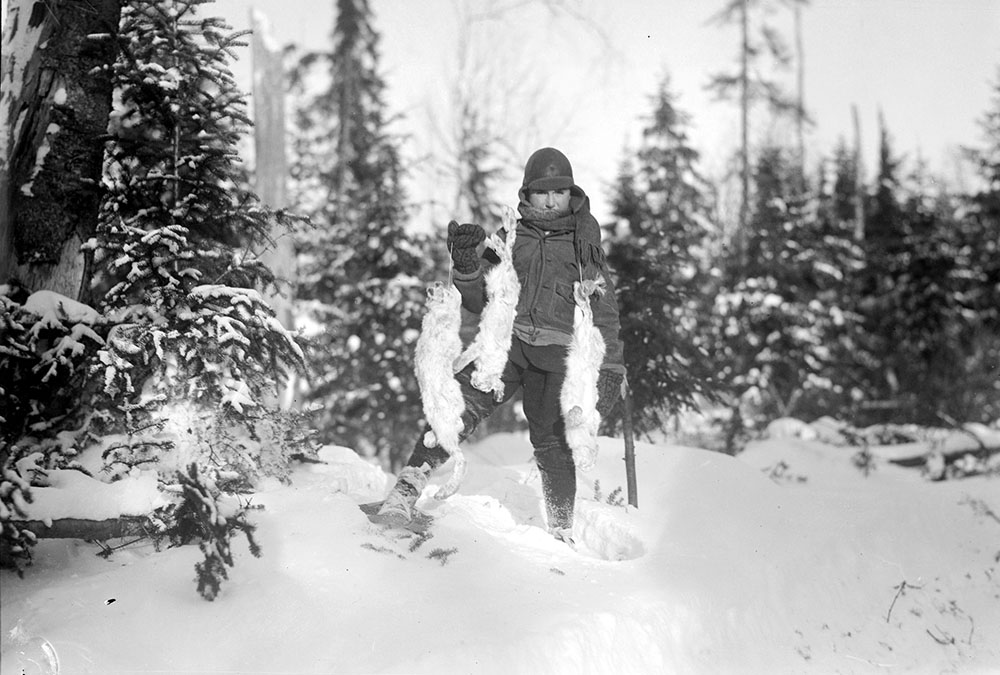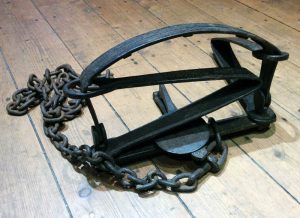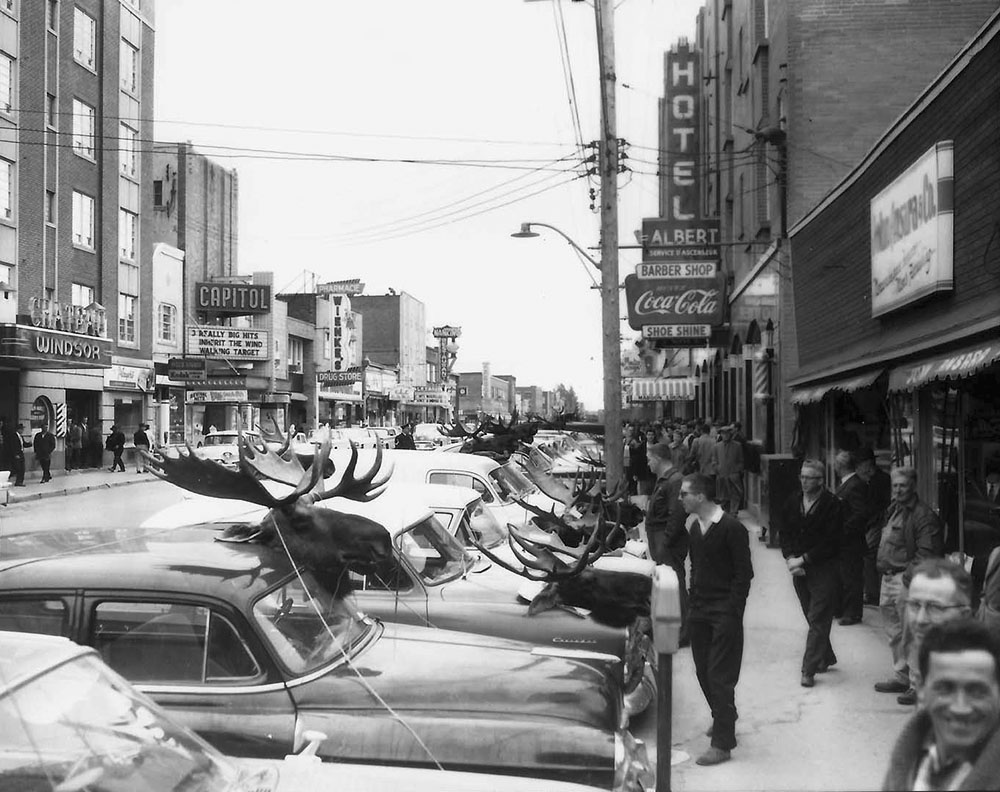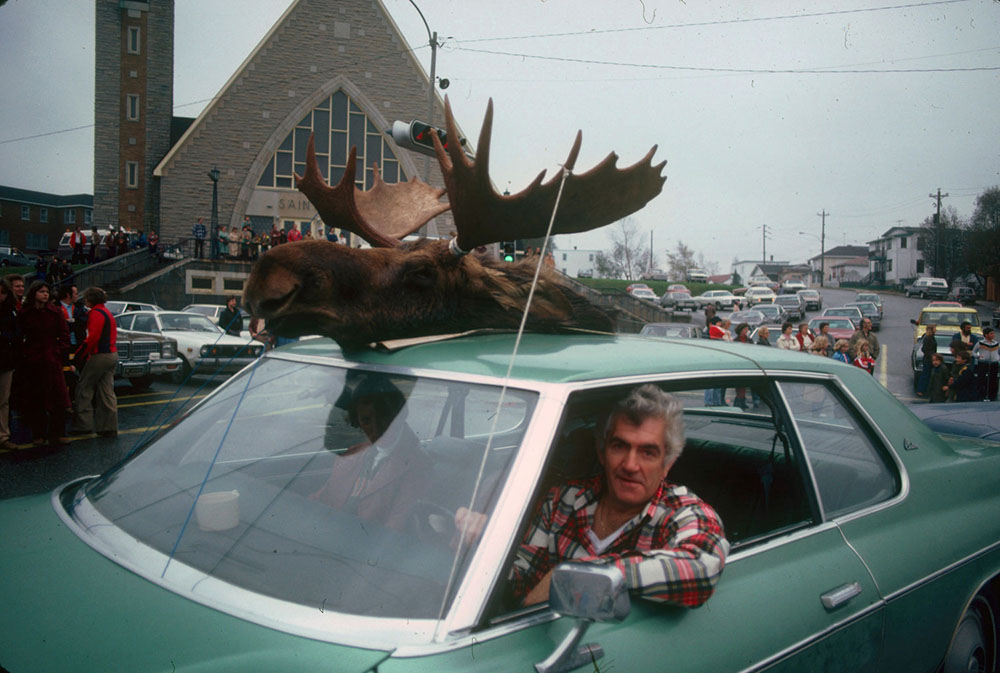Nature, a Source of Knowledge and Entertainment: Hunting and Fishing
Hunting and fishing are activities that are deeply embedded in the customs of the people in the region. In 2005, more than 40,000 fishermen and more than 20,000 hunters were inhabiting the region. These activities constitute significant economic implications, attracting tourists from all over Quebec, Canada, the United States and Europe.
A source of employment and revenue since the end of the 19th century, this tourism brings in groups of Americans and Europeans to Témiscamingue. After which, large areas of land are conceded to private clubs without consideration of the traditional hunting grounds of the natives, which forces them to abandon their lands, and because of their acute knowledge of the area, most become guides for the new, more privileged occupants. At the beginning of the 20th century, we can count around 20 of these private clubs in the region.
The most beautiful territories are consequently reserved for the wealthy, allowing sole access to their members. In the early 1970s, hunting and fishing enthusiasts demanded a more equitable share, and demonstrators were arrested in the middle of the forests! In 1977, Yves Duhaime, the minister of recreation, hunting and fishing, announced the end of private clubs. It’s what we call the grand “declubbing” (le grand « déclubage »).
The first liberty that a population should have, is access to their territory.





